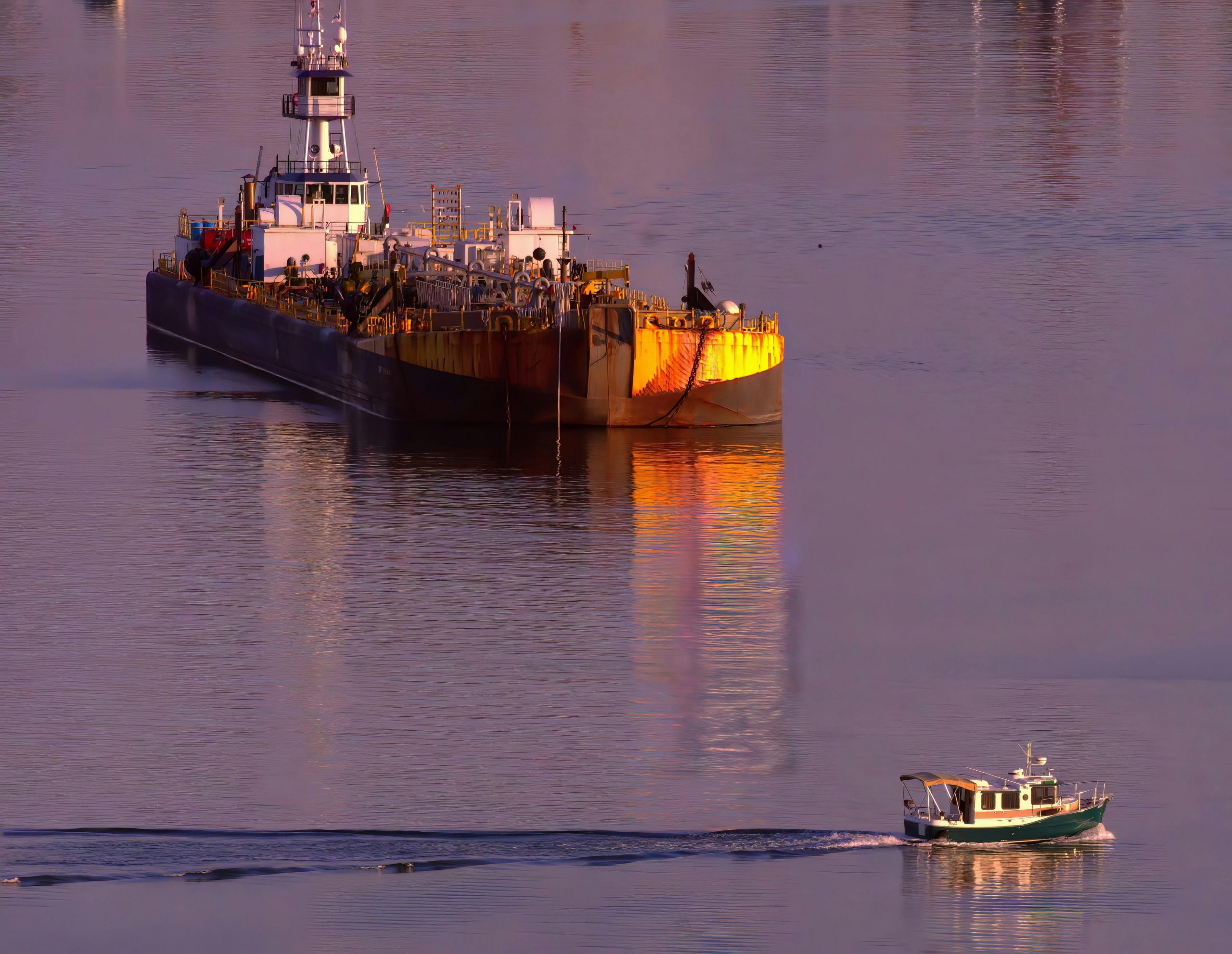Many research expeditions set out each year attempting to analyse the behaviour of sharks - many just hoping they’ll get a glimpse of one of the feared beasts. But one crew got a little bit more than they’d been expecting when a huge Great White leapt out of the water baring huge teeth, just centimetres from the feet a team member. You can see the footage below.
The spectacle occurred off of the east coast of Massachusetts in between Boston and Cape Cod, where a crew from the Atlantic White Shark Conservancy. The organisation understand the lack of knowledge we have of shark behaviour, so they set out on frequent filming trips to help gain a better understanding of their traits, which in turn can provide education for us all. In recent years, Cape Cod has been a real hotspot for the Great Whites which means AWSC’s job is far easier and much more exciting.
The man in the video is Greg Skormal and you can see him standing out on the vessel’s extended bow, which allows the team to get closer to the water. They spotted a large shark and were getting ready to catch some good footage - Skormal holds a long camera stick over the water expecting the shark to swim past. But seconds later the giant comes crashing out of the surface of the water, launching itself toward Greg. With its mouth open wide and razor-sharp teeth on show, it gets agonisingly close to the boat before sinking back below the surface. Excitingly, the whole encounter was caught on camera.
The man involved explained that he thinks the shark actually felt threatened and scared, so breaching the water was merely a defensive warning to the researchers before it swam well away from the scene in fear and never came back. Although impressive, this is also a poignant reminder to everyone that these creatures are unpredictable and your own safety should always come first.
Organisations like this one are doing really great jobs across the planet in finding out more about marine animals than we ever have before. Hopefully, the work of AWSC and others will allow us to fully understand these majestic fish in the future.


